Fairyland Review: Scoot McNairy Shines in Tender Queer Memoir
Andrew Durham’s adaptation of Alysia Abbott’s memoir captures a father-daughter bond amid San Francisco’s queer awakening.

Adapting Alysia Abbott’s acclaimed memoir about growing up with a single gay dad in ’70s and ’80s San Francisco, Fairyland shapes the unconventional coming-of-age story into a moving, warmly funny portrait of a bygone era of queer life and liberation.
Told from the point of view of little Alysia — wonderfully played in her screen debut by Nessa Dougherty — the film, like the book, which is subtitled A Memoir of My Father, focuses on the myriad ways her dad Steve’s choices come to affect and influence the person she turns out to be.
A writer and a poet, Steve Abbott is portrayed by Scoot McNairy, whose awards-worthy performance really is the heart of the film. He and Dougherty forge an endearing onscreen rapport beautifully conveying how precocious Alysia, a budding writer herself, looks up to her scruffy, artsy daddy with unconditional trust and admiration.
Steve is basically all she’s got after her mom dies under mysterious circumstances in a car accident in 1974. That sudden tragedy prompts the first major decision of Steve’s that will completely change Alysia’s life: he packs up their lives and his bright orange VW Bug, and moves them cross-country from the Midwest to San Francisco.
There, they find a city still high on the Summer of Love, sharing an old house in the Haight with free spirits Paulette (Maria Bakalova), Johnny (Ryan Thurston), and Eddie (Cody Fern), who becomes one of Steve’s many boyfriends and lovers over the years.
In this environment of free spirits, free love, and freely flowing drugs and alcohol, young Alysia, lovingly nicknamed Mouse by her dad, absorbs all sorts of life lessons.
She is exposed to aspects of the grown-up world that tend to alarm her well-off Midwestern grandma, Munca, Steve’s former mother-in-law, portrayed with sensitivity and a subtle sense of humor by Geena Davis. “Are you living in one of those communes?” she asks Steve over a long-distance call. “I know all about the communes in San Francisco.”
They don’t live in a commune, but they are living in a time of burgeoning gay liberation, as seen in copious footage from those halcyon days. Shot on 16mm film, the movie’s cinematography by Greta Zozula is so good throughout that the present-day scenes blend seamlessly with images from San Francisco in the ’70s.
Steve and Eddie take Alysia to Gay Freedom Day, a precursor to Pride, and generally expose her to a diverse world of queer artists, activists, and free thinkers. Even though there might be queens tripping on acid at her eighth birthday party, Alysia grows up safe and loved.
In montages set to the jangly guitar score by Michael Penn, writer-director Andrew Durham depicts Steve and Alysia’s fun, rambunctious home life, or idyllic afternoons spent together in Golden Gate Park. But their fairytale life isn’t without its challenges. At school, Alysia gets picked on and judged for her unusual family situation. “Ewww, your dad likes boys,” one schoolmate teases.
As Alysia hits her teens, and Coda star Emilia Jones takes over the role, she starts to rebel against the life she’s known. The script and performances from Jones and McNairy strike a chord of brutal honesty in showing how a peer-pressured teen, who once worshipped the ground her dad walked on, might seemingly out of nowhere start treating him like a pariah.

Meanwhile, all around her, society is changing as San Francisco comes down from its peace and love high. With the 1978 assassinations of Mayor George Moscone and city supervisor and gay activist Harvey Milk, the film marks the end of one era, and entry into a new dark age, the 1980s.
First, a glimpse of a frightening headline in the New York Times: “AIDS in U.S.: Experts say deaths will sharply climb.” Then, the sight of dozens of obituaries in a local indie paper, and, during a trip home from school at NYU, Alysia finds herself thrust into the fire that her dad and every single one of his friends has been fighting with all their lives.
The film falters in portraying the gravity of the AIDS pandemic beyond the lives of Alysia and her loved ones. Her slight remove from the crisis seems true to her experience, and yet her experience feels too reductive as a lens through which to view the big picture of such a monumental moment.
Fairyland more powerfully covers the minute, daily details that matter in a life, and in the memory of a girl whose love for her dad knows no bounds.
Fairyland (★★★☆☆) opens nationwide on Friday, Oct. 10. In Washington, it will be playing at the AMC Georgetown 14. Visit www.fandango.com.
Support Metro Weekly’s Journalism
These are challenging times for news organizations. And yet it’s crucial we stay active and provide vital resources and information to both our local readers and the world. So won’t you please take a moment and consider supporting Metro Weekly with a membership? For as little as $5 a month, you can help ensure Metro Weekly magazine and MetroWeekly.com remain free, viable resources as we provide the best, most diverse, culturally-resonant LGBTQ coverage in both the D.C. region and around the world. Memberships come with exclusive perks and discounts, your own personal digital delivery of each week’s magazine (and an archive), access to our Member's Lounge when it launches this fall, and exclusive members-only items like Metro Weekly Membership Mugs and Tote Bags! Check out all our membership levels here and please join us today!








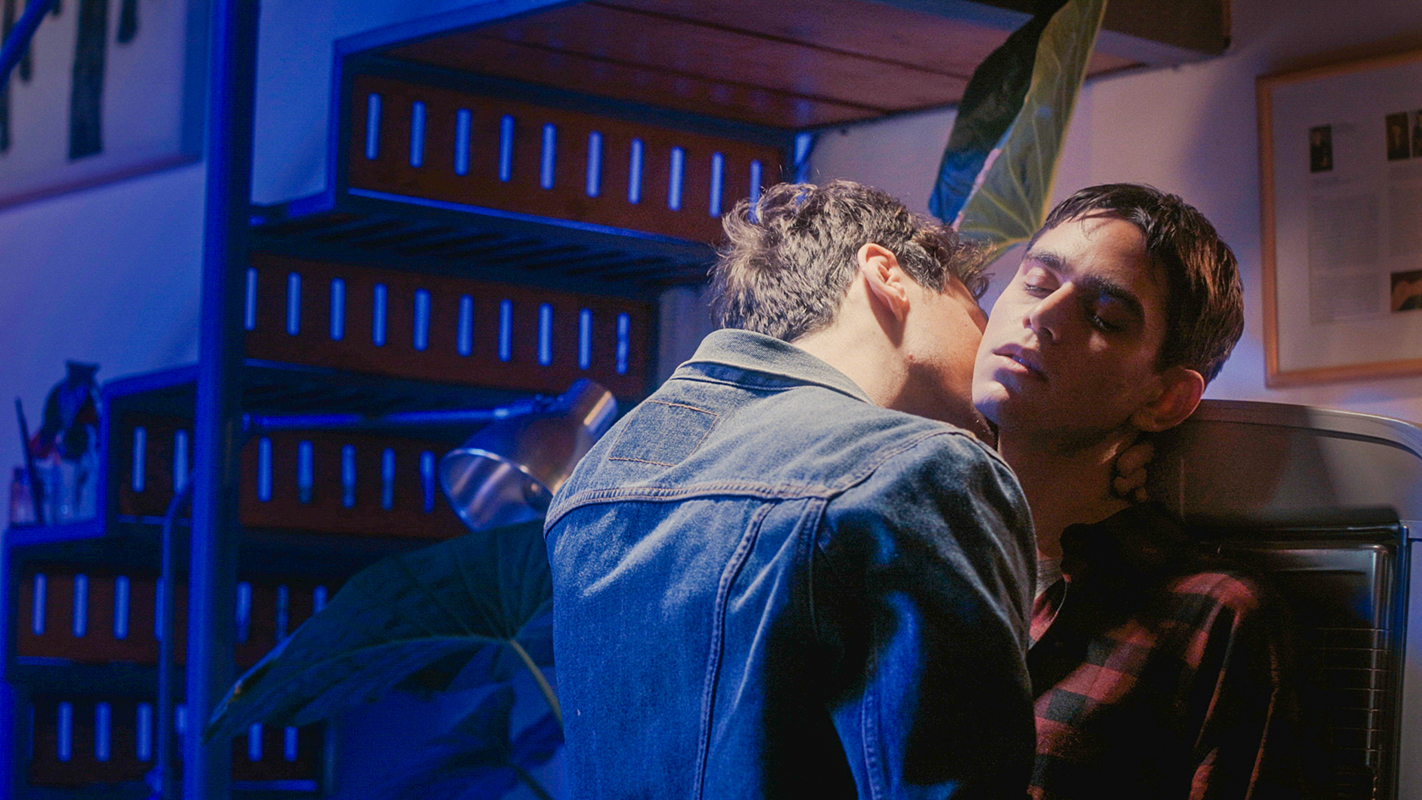
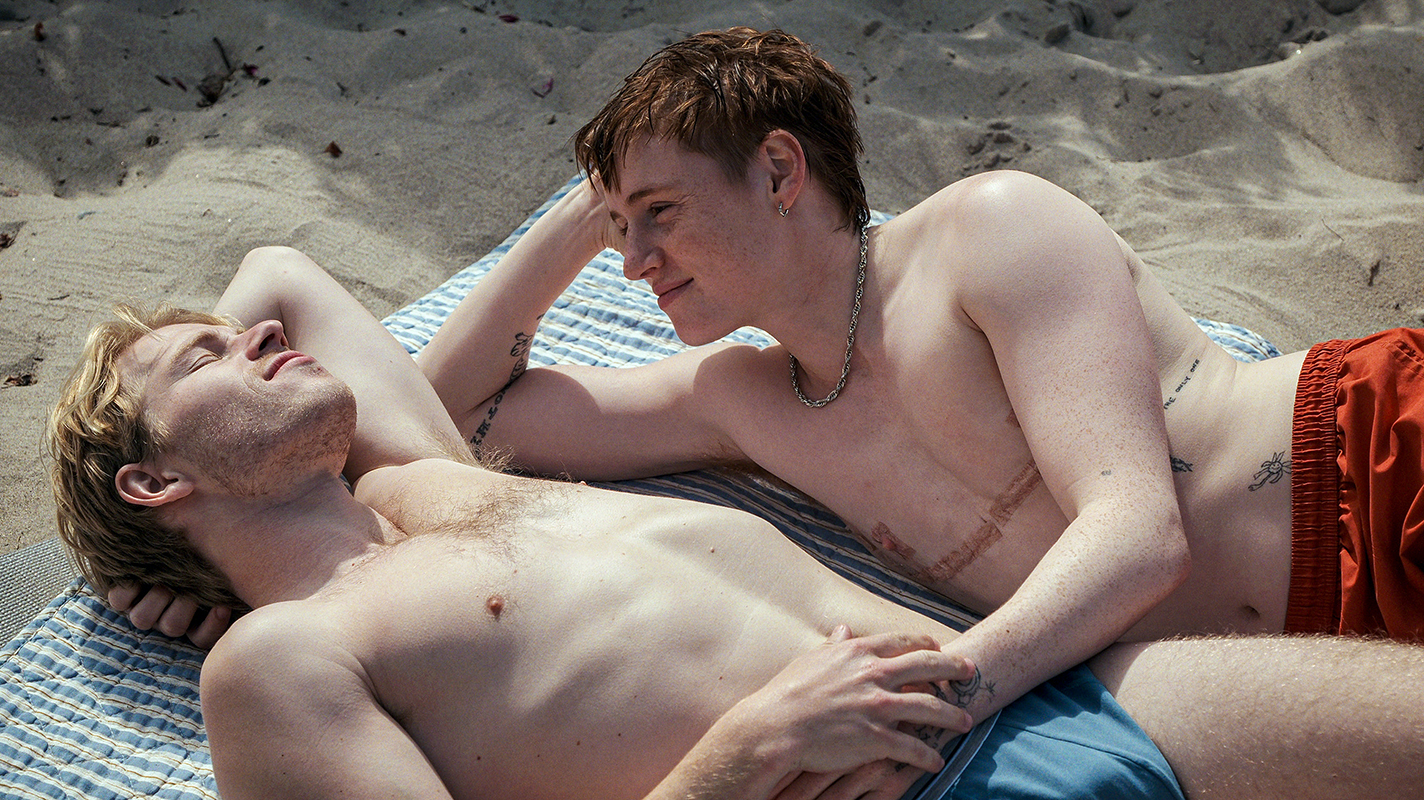













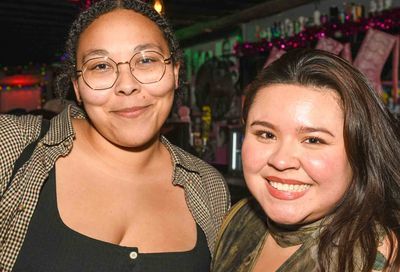
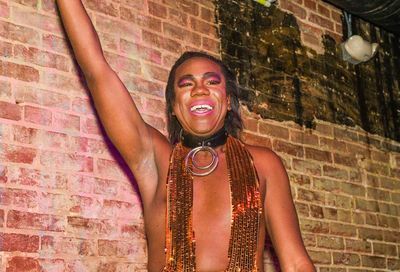
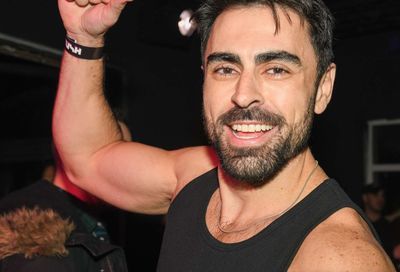
You must be logged in to post a comment.